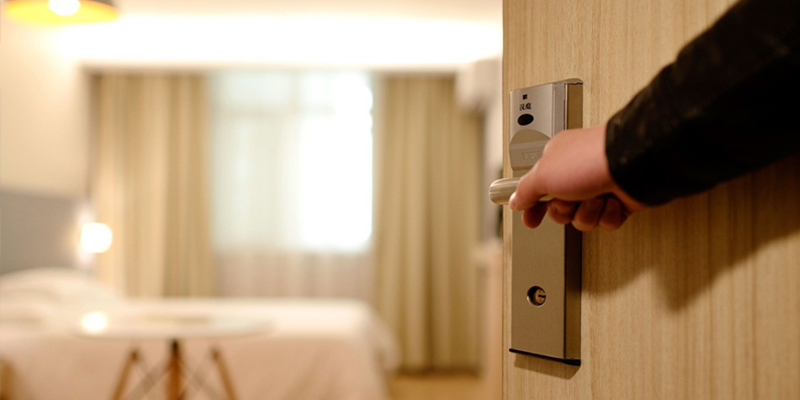Superbosses are like mentors on steroids. They’re always interacting. They’re involved with almost an apprenticeship type of approach.
Everyone has a favorite boss.
But in our career, few of us are privileged enough to have what Professor Sydney Finkelstein, from Tuck Management School, calls a superboss. According to Finkelstein, “Superbosses are like mentors on steroids. They’re always interacting and involved with almost an apprenticeship type of approach. They look after people not just for their day to day work, but their career track, and are willing to entertain all kinds of ideas to help them get there.”
 One of my favorite Superbosses was Ron Brown, who served as EVP & CFO of Starwood Hotels for 12 years and is one of the very first employees in the company. In a few compressed years, he spent an unfair amount of time teaching me almost everything there is to know about the hotel industry. An attorney by training who never practiced law, he was and remains a strategist, a visionary and Canadian comedian of sorts with an amazing sense of humor. Today, he is a significant U.S. hotel owner as CEO of Atrium Holdings with 51 hotels under various flags in over 26 states and has done very well in the private equity hotel real estate world.
One of my favorite Superbosses was Ron Brown, who served as EVP & CFO of Starwood Hotels for 12 years and is one of the very first employees in the company. In a few compressed years, he spent an unfair amount of time teaching me almost everything there is to know about the hotel industry. An attorney by training who never practiced law, he was and remains a strategist, a visionary and Canadian comedian of sorts with an amazing sense of humor. Today, he is a significant U.S. hotel owner as CEO of Atrium Holdings with 51 hotels under various flags in over 26 states and has done very well in the private equity hotel real estate world.
There are a lot of things he taught me that I remember and embrace as a business leader. And then there are some lessons that 15 years later, I still struggle to embrace. In the words of Ron Brown,
Try practicing Ron Brown’s advice and leave your mobile device at your desk sometime.
Let’s keep in mind that this advice is coming from Ron Brown, then CFO of a publicly traded $15B company with 100,000 employees that did business in 90 countries. He receives hundreds of emails a day from shareholders, hotel owners and developers, colleagues, his boss (a very demanding CEO), his direct reports and others. If anyone could or perhaps should be connected and wired every minute, it was THIS GUY.
As a Canadian, the ice hockey equivalent of the CFO of a global, publicly traded company is a star defenseman. The job is reactive in nature and your objective is to get the puck out of your zone and this means giving and taking hits, all day long. If you are daring enough to join an offensive rush, you’re taking a huge risk that your goalie is left defenseless. Despite the challenges that faces a CFO of a 24/7 global hospitality company, Ron strongly believed that the worst thing he could do is carry his mobile device into every meeting or take meetings at his desk where he can see his computer or Bloomberg screen. This was in 2004, the height of the blackberry era (or “crackberry addiction” as Ron used to call it,) long before the advent of social media.
Today, especially for millennials, mobile devices and tablets create an epidemic of poor attention spans and lack of focus. Brands that define themselves against this, such as Soul Cycle which bans cell phones, are growing in popularity. Despite its false spirituality, Soul Cycle is one of the few places where millennials and social media addicts can escape from the information and content onslaught they afflict themselves with on a daily basis.
Recently I received some interesting feedback on this issue from our customers, investors and my colleagues. I am told that I’m much more productive when I follow Ron Brown’s advice and leave my mobile and inbox behind. This also shows more respect for other people’s time. I engage not just in the facts and data but make an emotional connection to customers, partners and colleagues. Because I am more focused and engaged, results follow. I have to admit, when I am in a meeting with an investor, developer or another CEO and they look at their phone constantly sending texts and emails it makes me wonder if they are paying attention at all. So, try to practice Ron Brown’s advice and leave your mobile device at your desk. And maybe try asking your colleagues to do the same and see how much more productive and engaged everyone becomes. I would love to hear your thoughts on this topic.



